A Case for Disability Access to Public Infrastructure in Nigeria
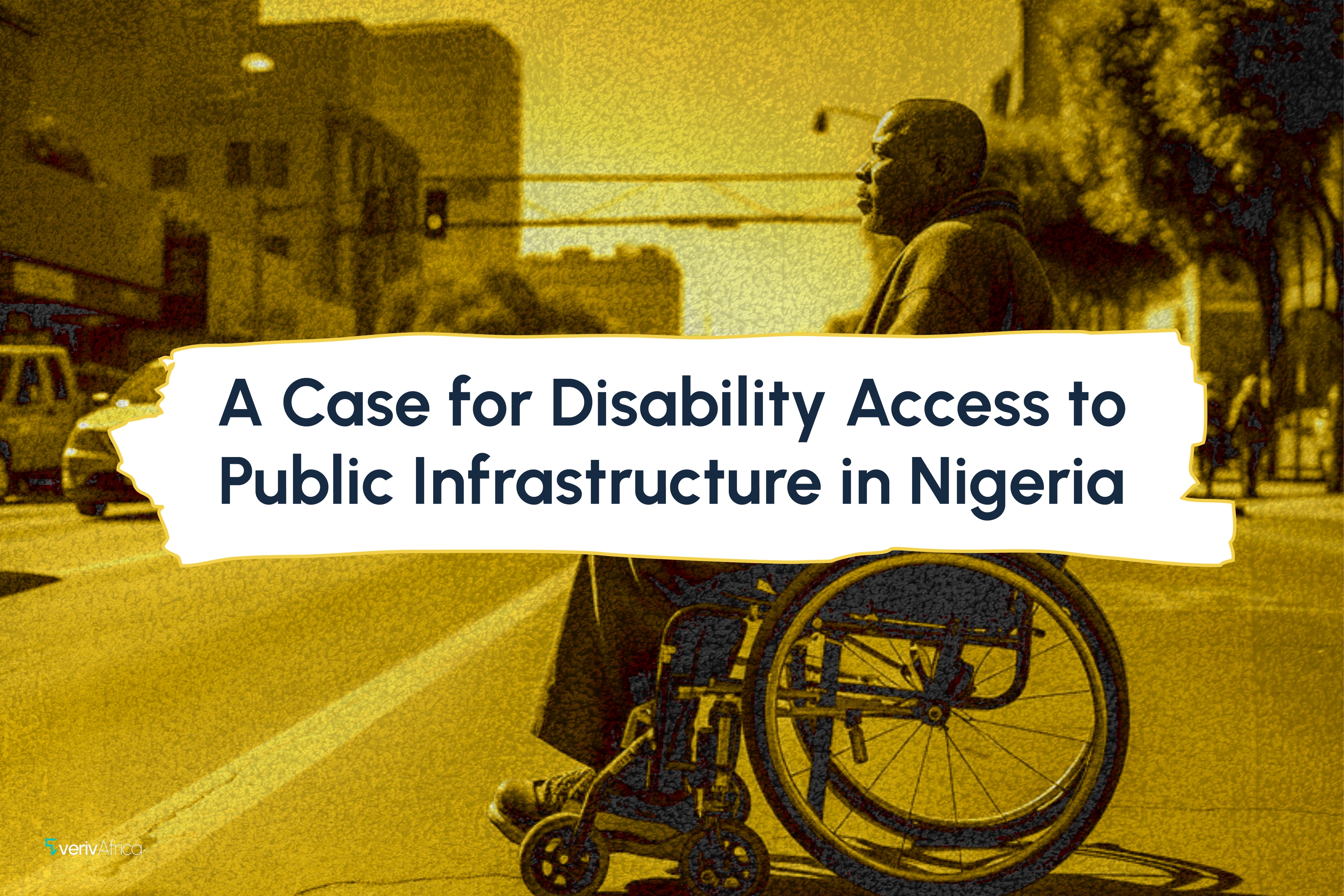
A 2023 report by the WHO highlighted that 1 in 6 people in the world currently live with one form of disability. These individuals bear the brunt of inaccessibility to public infrastructure 15 times more than people without disabilities. Nigeria, home to over 218 million people, has about 29 million people living with some form of disability.
People with disabilities (PWDs) are usually limited in their choice of living areas, employment, schools, transportation, or places they visit in general. They are often not considered in the planning and designing processes of these infrastructures, which impedes their economic ability and, in totality, their way of life.
Overview of Accessibility to Public Infrastructure
According to a 2020 World Bank report, almost all 29 million PWDs in Nigeria will have experienced infrastructural inaccessibility and limited social and economic participation in society in one way or another during their lifetime. These inequalities manifest in the following ways:
Inaccessible Transportation
With little to no provision for ramps, wheelchair/crutch access, or some sort of assistance for people with sight impairments on public means of transportation, it is evident that the transportation systems in Nigeria do not take into cognisance PWDs. Mr Daniel, who lives with a mobility disability, recounted his experience in accessing a fast-food outlet in Lagos, Nigeria, citing that the establishment denied him access because wheelchairs were not allowed in. This dismissal made him feel less of a human. Mr. Matepo, also living with a mobility disability, attested to the fact that most pedestrian bridges lacked ramps. Where provided, wheelchair users could not use the sidewalks because hawkers frequently occupied them.
Inaccessibility of Public Services
Public services in Nigeria, such as education, healthcare, financial service providers, etc., need more facilities to cater to the needs of differently-abled people. Establishments usually lack paved roads, wide entranceways, ramps, designated restrooms, materials, and services that will facilitate and aid a better life for PWDs. Ms Odusanya, a University of Lagos alumna living with a sight impairment, narrated how tough it was to get a university education. School textbooks were not tailored for individuals like her, and she had to pay more to convert required texts into formats she could use. Mr Matepo also recalled having to sit outside and wait for bank officials to attend to him as the banking halls were inaccessible for most PWDs.
Laws prohibiting discrimination against PWDs
The federal government passed the Discrimination Against Persons with Disabilities Prohibition Act in 2018 to highlight the rights of PWDs in society. The Federal Ministry of Information was responsible for raising awareness about PWDs' rights, capabilities, and contributions to society. PWDs were required to have equal access to public buildings. Public buildings and roads were also mandated to have accessibility aids and unique facilities for PWDs.
How inaccessibility has hindered the progress of PWDs
A WHO article opines that the challenges of access faced by PWDs prevent them from fully participating and contributing to society. A World Bank 2020 blog states that PWDs are more likely to live in poverty than people without disabilities due to the barriers that hinder their access to public transport, education, healthcare, etc. Educational challenges are one of the significant hindrances experienced by PWDs, as very few schools were equipped with learning materials suitable for the needs of PWDs or affordable, limiting their learning outcomes. The unemployment rate among PWDs is often higher due to discrimination and rejection, limitations in accessing public infrastructure, a lack of assistive aid, etc., thereby making life challenging for them.
Active Steps to Promote Inclusivity for PWDs
To eliminate discriminatory practices and promote inclusion for PWDs in Nigeria; there is a need to take active and deliberate steps to ensure equal access and opportunities for all people, irrespective of their capabilities or disabilities. Implementing current policies, significant collaborative efforts, and awareness campaigns can remove these societal barriers that PWDs face. Parity in access could be achieved via:
Policy Implementation.
Although there is the Discrimination Against Persons with Disabilities (Prohibition) Act 2018 mandating that PWDs have access to physical structures, education, healthcare, transportation, the equal right to work, etc., little has been done in terms of implementation and enforcement in the country, as little to no consideration has been given to PWDs in several areas. Ms Sussan, who has a mobility impairment, described how the Lagos BRT buses had spaces for PWDs but were frequently filled with passengers who didn't need them, making it challenging for her to commute. There is a dire need to enforce this Act to make life easier for PWDs. To implement the inclusive transport strategy policy, the UK launched an Access for All programme in 2006, a campaign aimed at increasing access to rail services by people with mobility impediments. This programme brought improvements and modifications at over 1500 rail stations, easing rail transportation for PWDs. The Scotland Rail Service (ScotRail) modified its travel system in 2020 by including the British sign language app to improve the travel experience of people with hearing impairments.
Public-Private Partnership.
The government must partner with private organisations to construct and reconstruct new and existing public infrastructure. This move should include road systems, entrances, accessible parking, seating arrangements, signage, etc., in our communities, schools, markets, accommodations, and banks to make them more user-friendly and accessible to PWDs.
Public Awareness.
There is a need to promote inclusion and sensitise the public about the importance of preserving the rights and dignity of PWDs. The government, CSOs, disabled people's organisations, etc., should run this campaign. It should start from the grassroots to the federal level to educate people on disability, the need for equal treatment, and the promotion of equal rights for PWDs. Voice of Disability Initiative (VDI) in 2023 organised a campaign in Enugu State. Its mission was to raise awareness of the rights of PWDs and the implementation of laws promoting the rights of PWDs. This campaign served the purpose of eliminating low self-esteem, depression, etc, among PWDs by promoting inclusion.
These challenges faced by PWDs usually limit their choice of education, employment, mobility, healthcare, etc., and cause them to either depend on relatives or neighbours or be isolated. This impedes their participation and contribution to society. To foster development, these barriers must be eliminated as an investment in creating a more inclusive culture where everyone can thrive.
References
Amplify Change. (2023, November 7). Grantee Stories: Promoting the rights of persons with disabilities through policy and law change in Nigeria. https://amplifychange.org/grantee-stories/promoting-the-rights-of-persons-with-disabilities-through-policy-and-law-change-in-nigeria/
Discrimination Against Persons with Disabilities (Prohibition) Act, (2018). The Federal Republic of Nigeria Official Gazette. https://ncpwd.gov.ng/pdfs/6document.pdf
Igomu, T. (2021, September 12). Disabled by fate, denied rights to mobility: Nigerians living with disabilities tell tales of anguish accessing public transportation. Punch Newspaper. https://punchng.com/disabled-by-fate-denied-rights-to-mobility-nigerians-living-with-disabilities-tell-tales-of-anguish-accessing-public-transportation/
Macarthur Foundation. (2023, January 18). Make Way for the Disability Rights Agenda in Nigeria. https://www.macfound.org/press/perspectives/make-way-for-the-disability-rights-agenda-in-nigeria
National Disability Strategy. (2021). Part 1: Practical steps to improve disabled people's everyday lives. https://www.gov.uk/government/publications/national-disability-strategy/part-1-practical-steps-now-to-improve-disabled-peoples-everyday-lives#rights-and-perceptions-removing-barriers-to-participating-fully-in-public-and-civic-life-and-wider-society
Ogunrinde, F. (2024, April 3). Investigation: Nigerians with disabilities experience discrimination despite existing laws. Premium Times. https://www.premiumtimesng.com/health/health-features/682798-investigation-nigerians-with-disabilities-experience-discrimination-despite-existing-laws.html
Martinez, R. M., & Vemuru, V. (2020, September 20). Social inclusion of persons with disabilities in Nigeria: challenges and opportunities. World Bank Blogs. https://blogs.worldbank.org/en/nasikiliza/social-inclusion-persons-disabilities-nigeria-challenges-and-opportunities
World Bank Group. (2020). Disability Inclusion in Nigeria: A Rapid Assessment. https://documents1.worldbank.org/curated/en/780571593336878236/pdf/Disability-Inclusion-in-Nigeria-A-Rapid-Assessment.pdf
World Bank. (2024). Population, total - Nigeria. https://data.worldbank.org/indicator/SP.POP.TOTL
World Health Organization. (2023, March 7). Disability. https://www.who.int/news-room/fact-sheets/detail/disability-and-health
World Health Organization. (n.d). Disability. https://www.who.int/health-topics/disability#tab=tab_1
Similar Insights
View All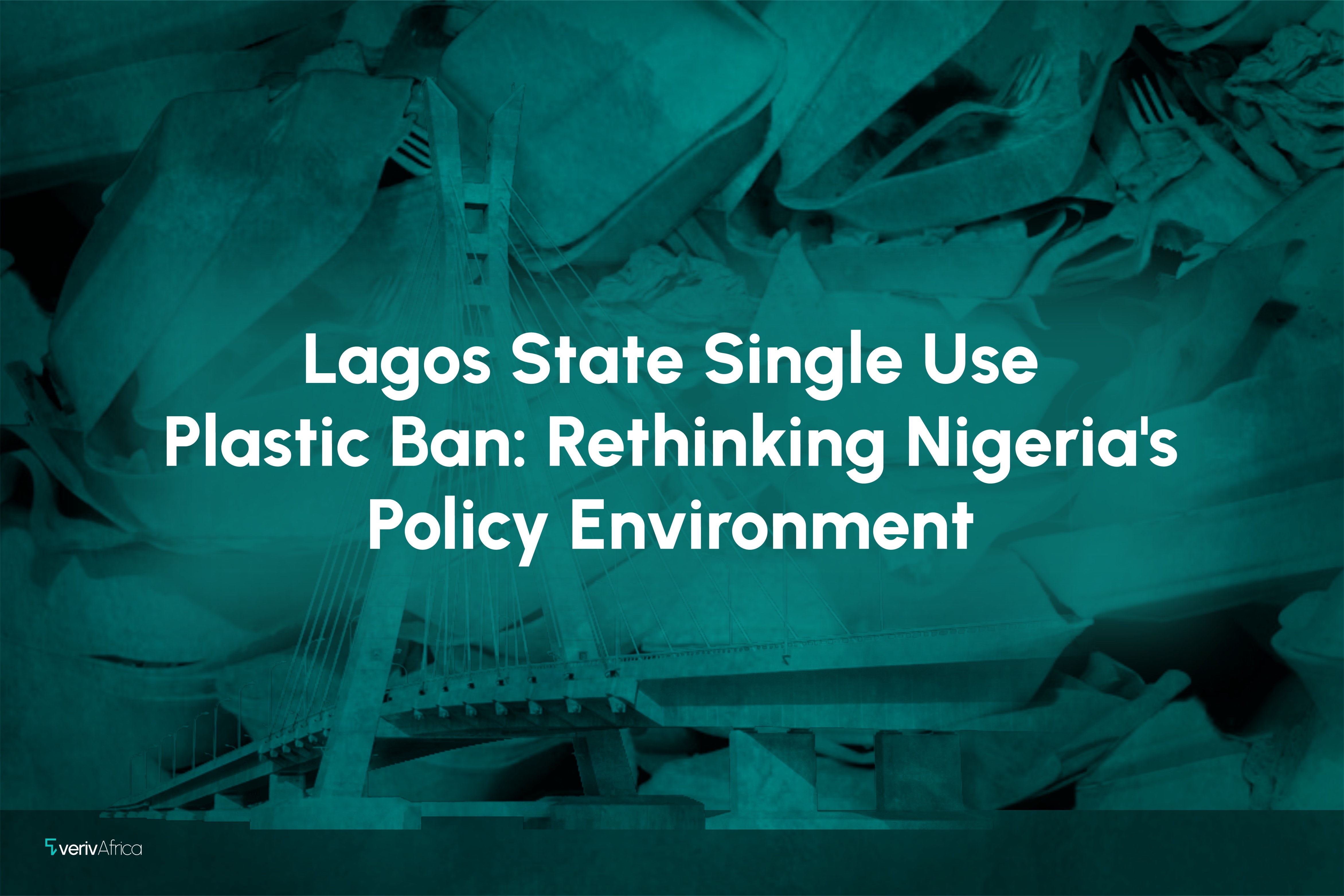
Lagos State Single Use Plastic Ban: Rethinking Nigeria's Policy Environment
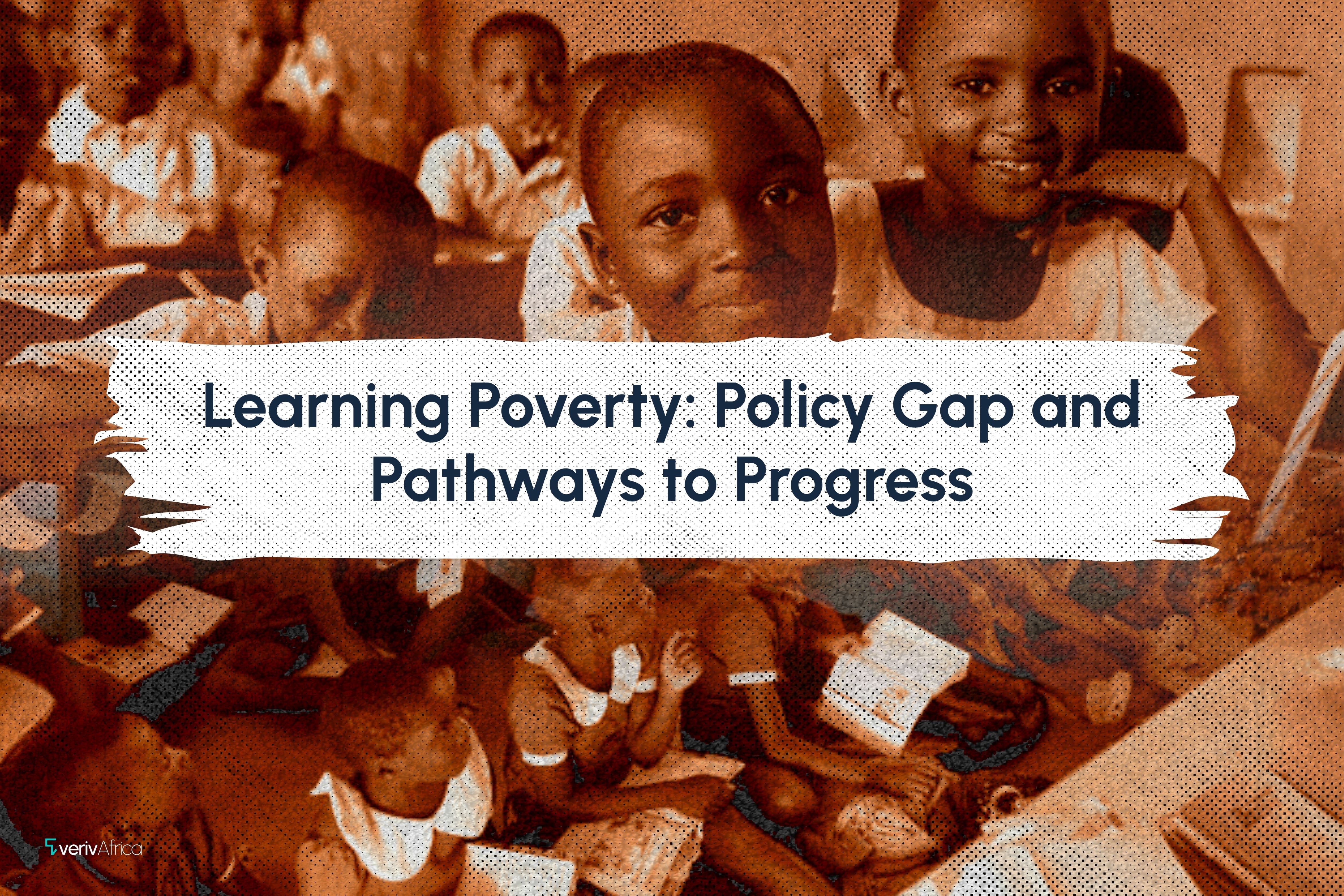
Learning Poverty: Policy Gap and Pathways to Progress
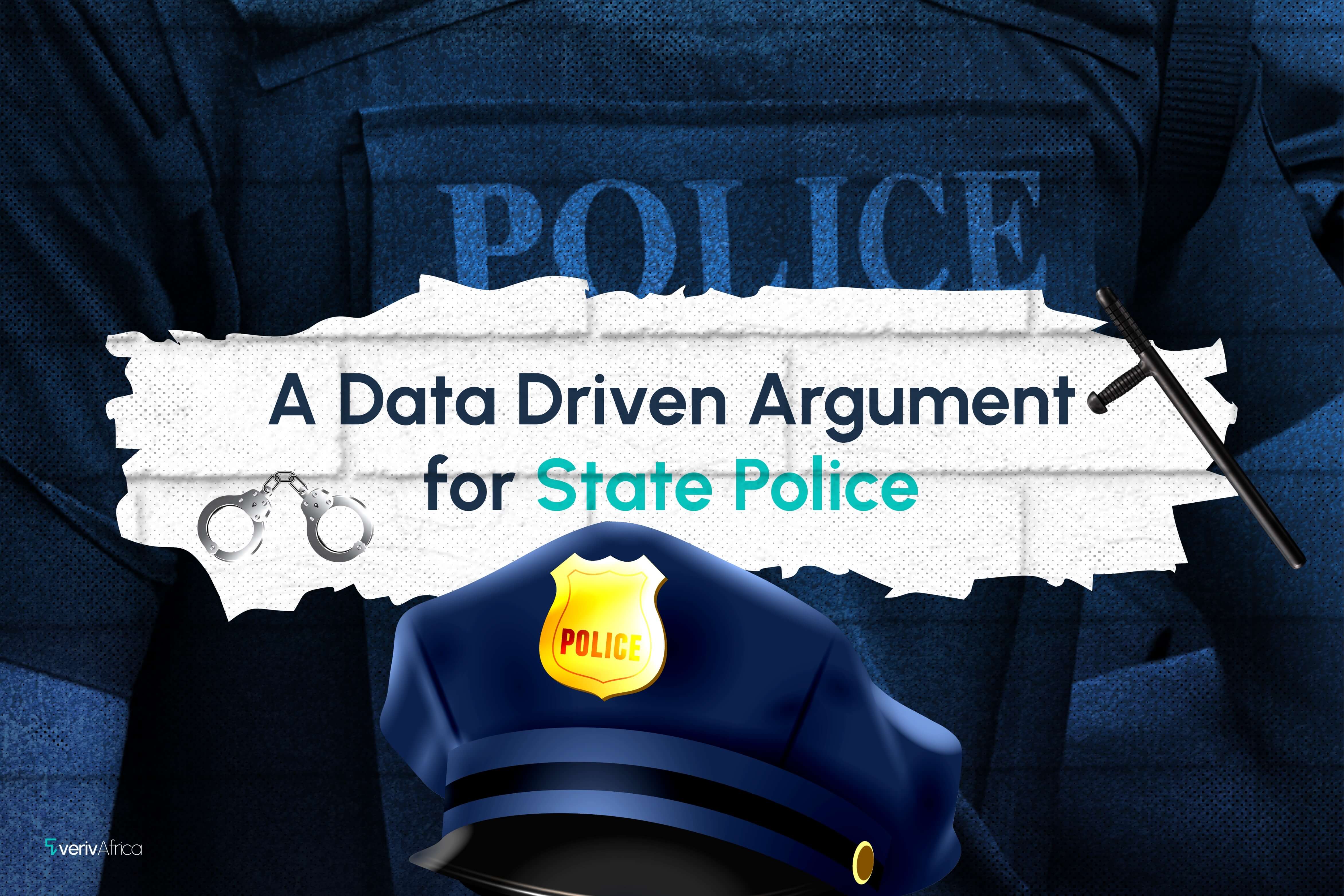
A Data-Driven Argument for State Police in Nigeria
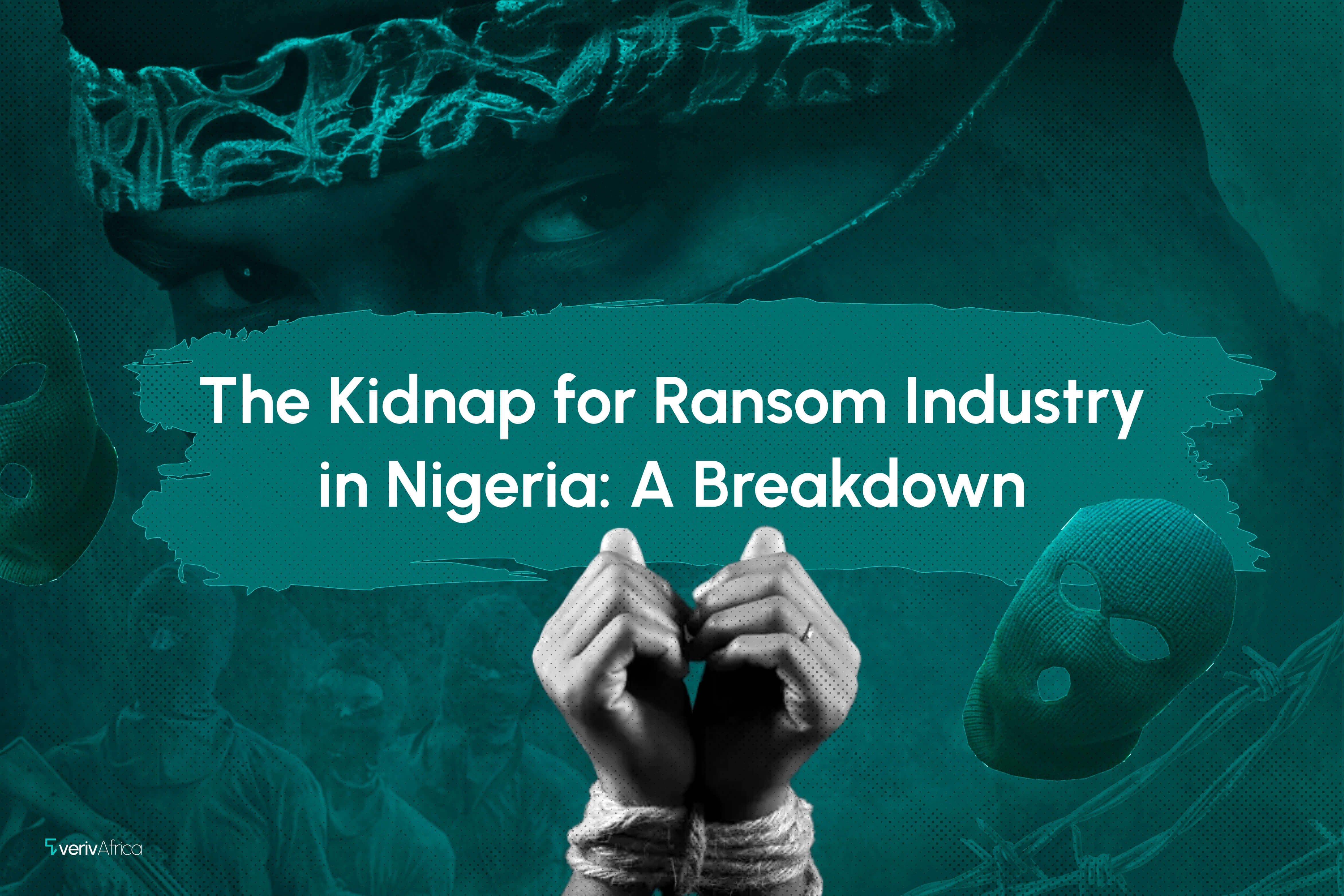
The Kidnap For Ransom Industry In Nigeria: A Breakdown
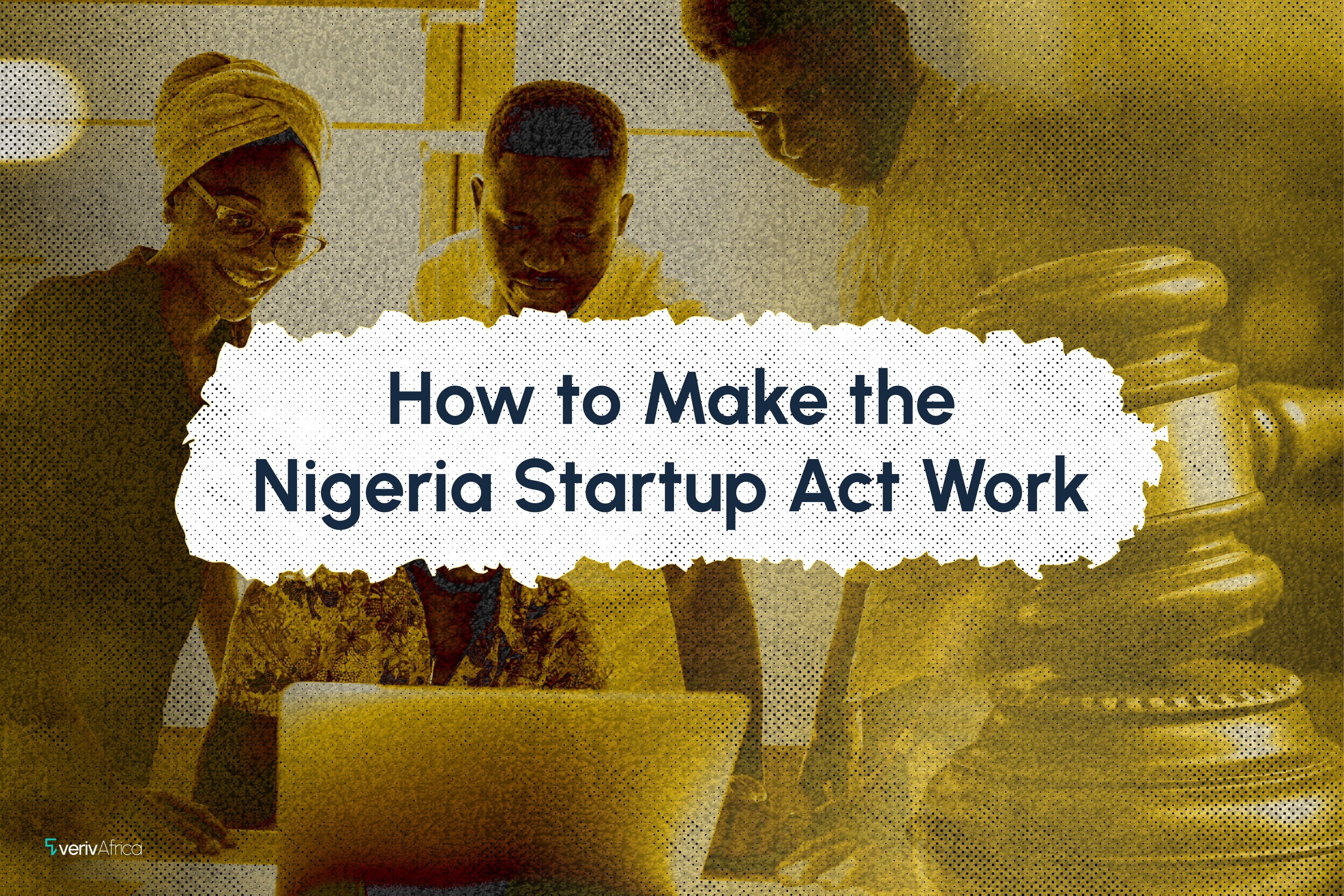
How to Make the Nigeria Startup Act Work
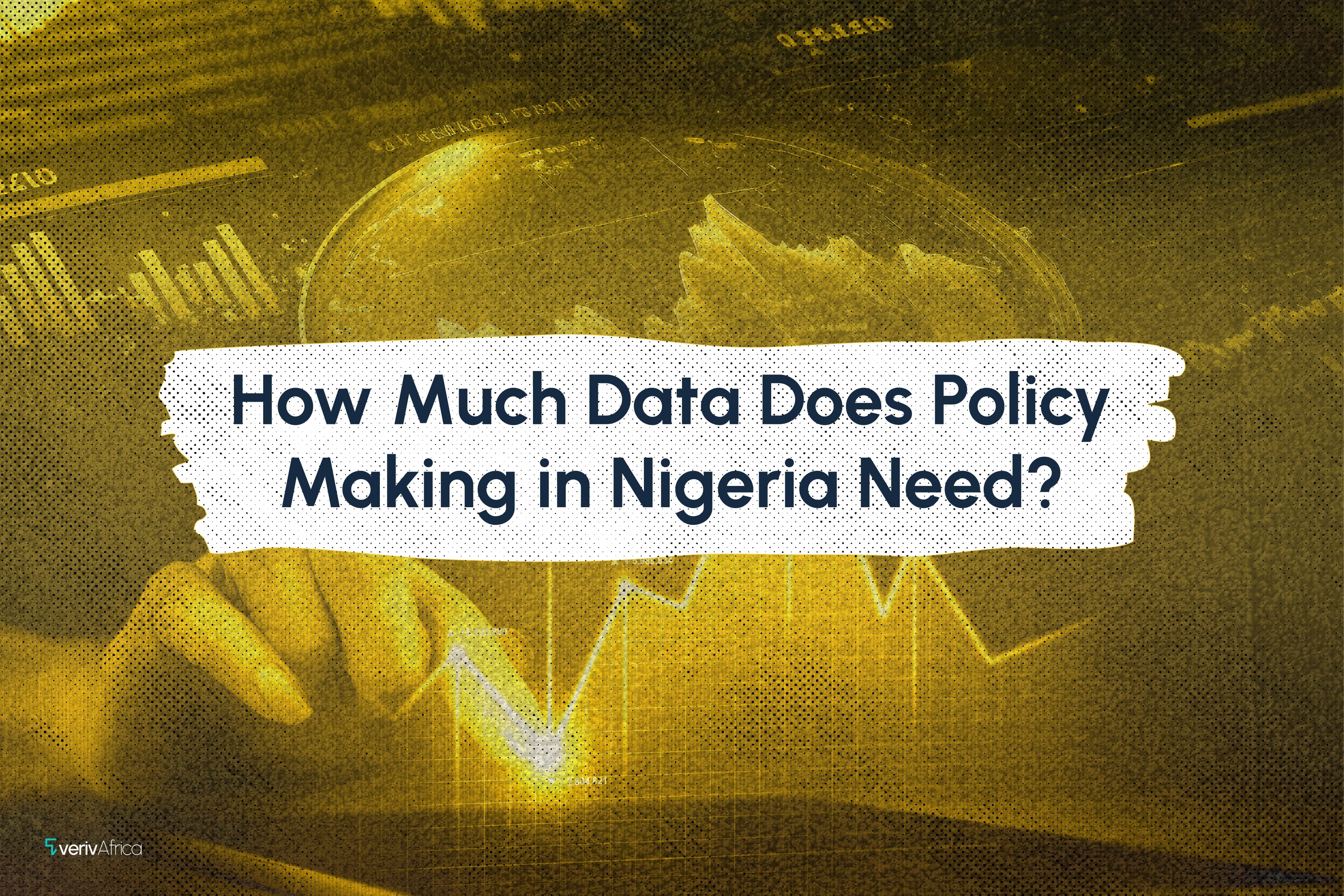
How Much Data Does Policy Making in Nigeria Need?
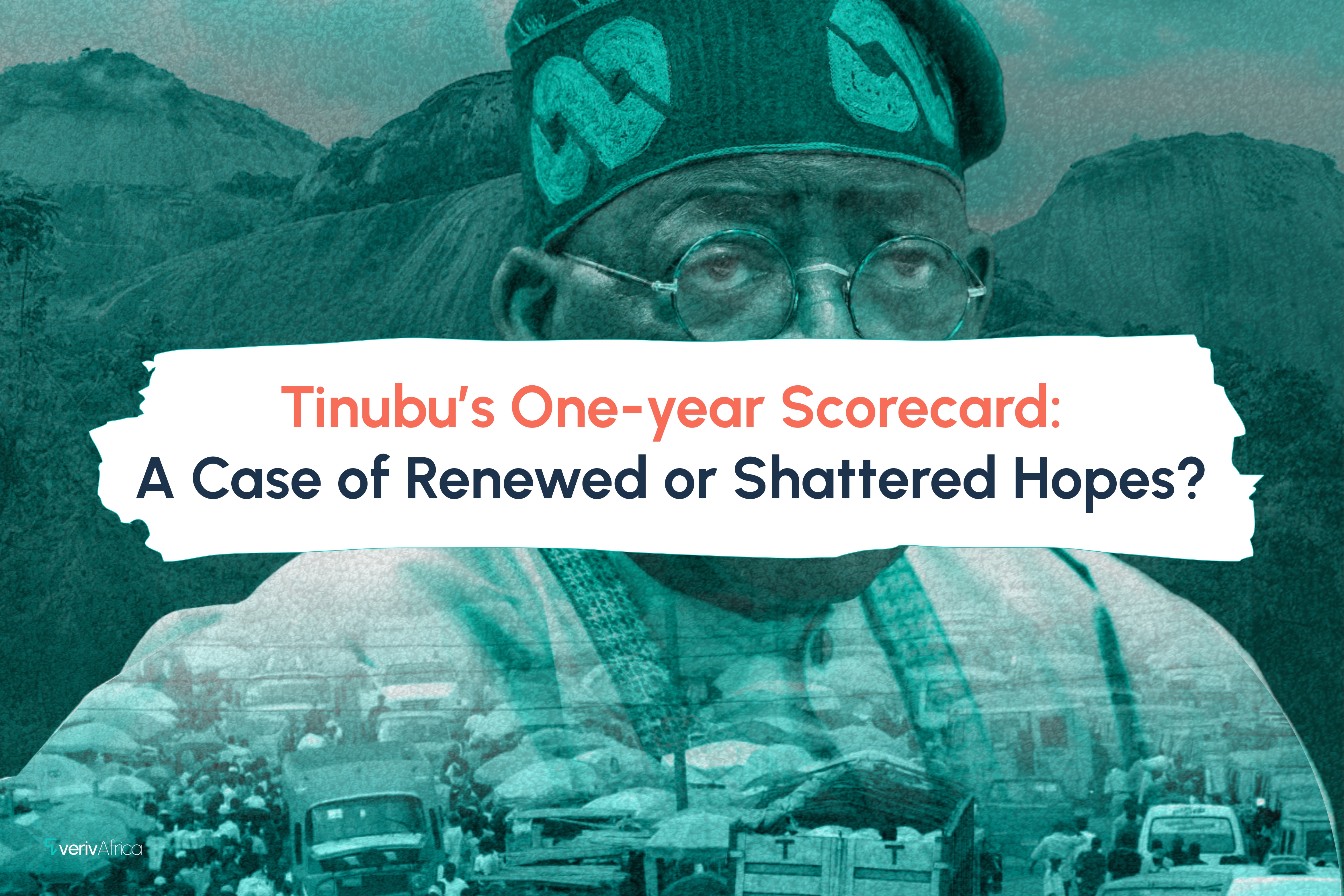
Tinubu’s One-year Scorecard: A Case of Renewed or Shattered Hopes?
Don't miss out!
Our subscribers receive firsthand updates on our recent content. We hope you become one, too.
It's free, so why not?

